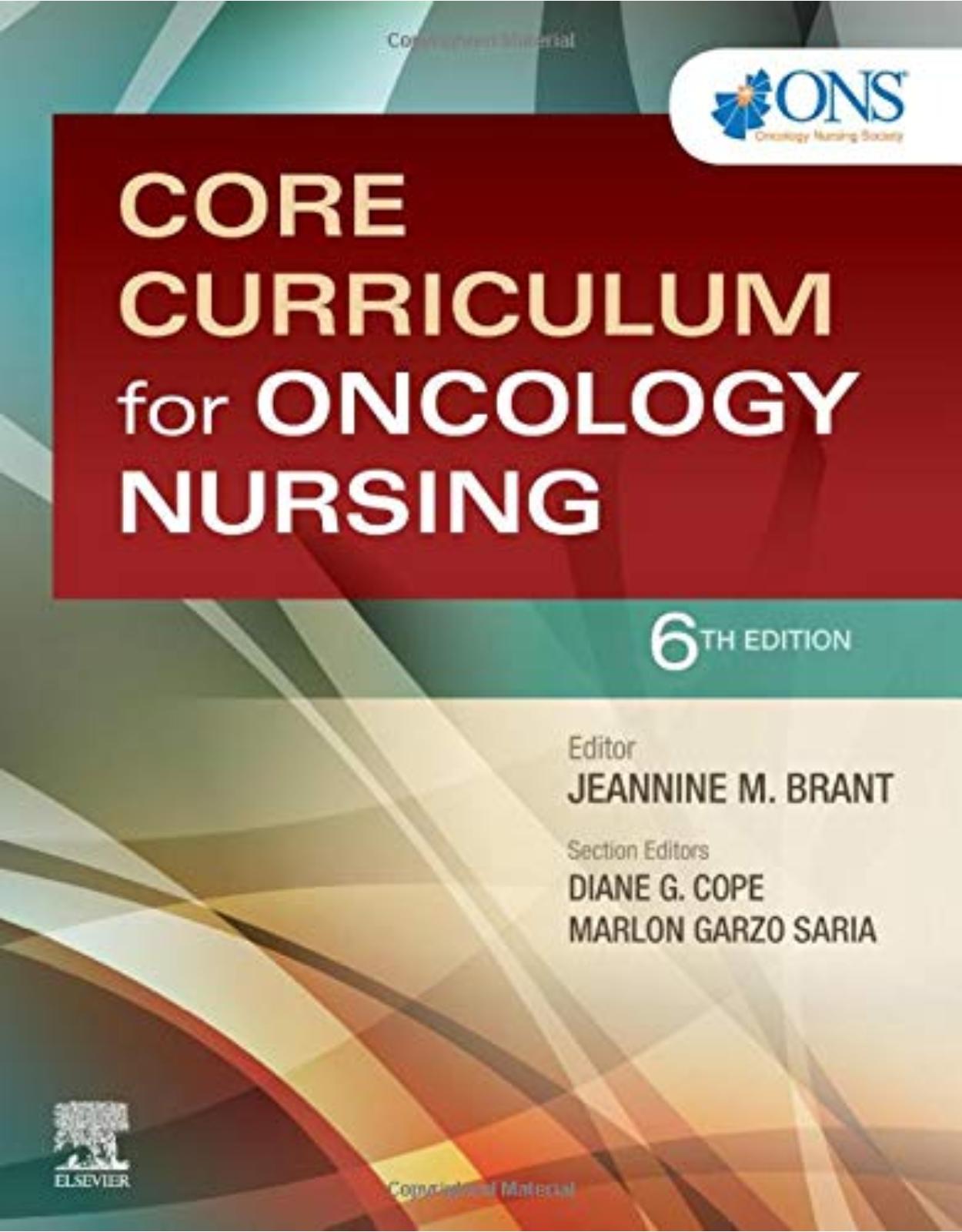
Core Curriculum for Oncology Nursing, 6th Edition
Livrare gratis la comenzi peste 500 RON. Pentru celelalte comenzi livrarea este 20 RON.
Description:
The only OCN® Exam review developed in collaboration with the Oncology Nursing Society (ONS), the Core Curriculum for Oncology Nursing, 6th Edition is the must-have OCN® certification review resources. This essential guide covers the entire scope of practice for oncology nursing and reflects important changes in the dynamic field of cancer treatment and care. The thoroughly revised sixth edition follows the latest test blueprint for the OCN® Exam and is presented in a streamlined outline format to help you focus on the most important information. Recognized as the definitive resource for concepts and practice in oncology nursing, this is the #1 review tool when preparing for OCN® certification!
This definitive study resource for the OCN® Examination is the only such resource developed in collaboration with and endorsed by the Oncology Nursing Society.
Coverage of the entire scope of oncology care includes quality of life, protective mechanisms, gastrointestinal and urinary function, cardiopulmonary function, oncologic emergencies, the scientific basis for practice, health promotion, and professional performance.
Consistent outline format provides a quick-reference review that begins with theory and continues through the steps of the nursing process.
Emphasis on QSEN competencies is designed to reduce errors, with a focus on safety and evidence-based practice including Safety Alerts for cancer chemotherapy drugs.
Updates on cancer treatment and related nursing care include the most current and accurate information, preparing you for the OCN exam and for enhanced clinical practice.
NEW! Content has been updated throughout to reflect the most recent Oncology Nursing Society (ONS) role delineation study, the latest OCN® Examination test blueprint, and important findings in cancer treatment and related nursing care, backed by the latest research evidence.
NEW! Chapters reflect the latest ONS information on nurse navigation, communication and shared decision-making, precision medicine, immunotherapy, cognitive and endocrine symptoms, and compassion fatigue.
NEW! Enhanced use of color in tables, boxes, and outlines improves visual appeal and learning.
Table of Contents:
Part 1: The Care Continuum
1: Epidemiology, Prevention, and Health Promotion
Overview
Assessment
Management
2: Screening and Early Detection
Overview
Assessment
Management
Expected Patient Outcomes
3: Survivorship
Overview
Assessment
Management
Expected Patient Outcomes
4: Palliative and End-of-Life Care
Overview
Assessment
Management
Expected Patient Outcomes
5: Nurse Navigation Across the Cancer Continuum
Overview
Assessment
Management
Expected Patient outcomes
6: Communication and Shared Decision Making
Part 2: Scientific Basis for Practice
7: Carcinogenesis
8: Immunology
9: Precision Medicine
10: Genetic Risk Factors
Overview
Assessment
Management
Expected Patient Outcomes
11: Clinical Trials and Research Protocols
12: Bone and Soft Tissue Cancers
13: Breast Cancer
14: Gastrointestinal Cancers
Esophageal Cancer
Stomach Cancer
Colorectal Cancer (CRC)
Anal Cancer
Hepatocellular Cancer (HCC)
Pancreatic Cancer
Cholangiocarcinoma
15: Genitourinary Cancers
Kidney Cancer
Bladder Cancer
Prostate Cancer
16: Head and Neck Cancers
17: HIV-Related Cancers
Human Immunodeficiency Virus
HIV-related lymphoma (Carbone, Volpi, Gualeni, & Gloghini, 2017; Carr, 2013; Reid et al., 2018; Yarchoan & Uldrick, 2018)
HIV-related Kaposi sarcoma (KS)
Other malignancies
Nursing implications
18: Leukemia
Leukemia Overview
Acute Lymphoblastic Leukemia (ALL)
Acute Myeloid Leukemia (AML)
Acute Promyelocytic Leukemia (APL)
Chronic Lymphocytic Leukemia
Chronic Myelogenous Leukemia
19: Lung Cancer
20: Lymphoma
21: Multiple Myeloma
22: Neurologic System Cancers
23: Reproductive System Cancers
Overview
24: Skin Cancer
Part 3: Treatment Modalities
25: Surgery
Overview
Assessment
Management
Expected Patient Outcomes
26: Nursing Implications of Hematopoietic Stem Transplantation
Overview
Assessment
Management
Nonpharmacologic Management
Expected Patient Outcomes
27: Radiation Therapy
Overview
Assessment
Management
Expected Patient Outcomes
28: Chemotherapy and Hormonal Therapy
Overview
Assessment (Neuss et al., 2017; Olsen, 2019)
Expected Patient Outcomes
29: Biotherapies: Targeted Therapies and Immunotherapies
Biotherapies
Targeted Therapies
Immunotherapy
30: Support Therapies and Access Devices
Blood Component Therapy
Access Devices—Venous, Arterial, Peritoneal, Intraventricular, Epidural or Intrathecal, and Pleural
Part 4: Palliation of Symptoms
31: Pharmacologic Interventions
Antimicrobials (Bow, 2015; National Comprehensive Cancer Network, 2018a; Shelton, 2018; Wingard, 2016; Zitella, 2014)
Antiinflammatory Agents (Martin, 2014; NCCN, 2018)
Antiemetic Agents (Basch et al., 2011; Feyer & Jordan, 2011; Hainsworth, 2008; Hesketh, 2008; Hesketh, Kris, Basche, & LYMAN, 2017; NCCN, 2018b)
Analgesics (NCCN, 2018)
Psychotropic Drugs: Anxiolytics and Sedative-Hypnotics (Cohen & White, 2018; Matthews, 2018; NCCN, 2017d)
Antidepressants (Cohen & White, 2018; NCCN, 2017d)
Anticonvulsants (Armstrong, et al., 2016; Olsen, LeFebvre, & Brassil, 2019; Santomasso, et al., 2018; Tradounsky, 2013)
Myeloid Growth Factors (Bennett, Djulbegovic, Norris, & Armitage, 2013; Camp-Sorrell, 2018; NCCN, 2017e)
Expected Patient Outcomes
32: Complementary, Alternative, and Integrative Modalities
Overview
Assessment
Management
Expected Patient Outcomes
33: Cardiovascular Symptoms
Lymphedema
EDEMA
Malignant pericardial effusion
Cardiovascular toxicity related to cancer therapy
Thrombotic events
Expected Patient Outcomes
34: Cognitive Symptoms
Cancer and Cancer Treatment-Related Cognitive Impairment
Delirium
35: Endocrine Symptoms
36: Fatigue
Overview
Assessment
Management (Table 36.1)
Expected Patient Outcomes
37: Gastrointestinal Symptoms
Xerostomia
Dysphagia (Oral)
Mucositis (Oral)
Nausea and Vomiting
Ascites
Constipation
Diarrhea
Expected Patient Outcomes
38: Genitourinary Symptoms
Urinary Incontinence
Ostomies and Urinary Diversions
Renal Dysfunction
39: Hematologic and Immune Symptoms
Overview
Neutropenia
Anemia
Thrombocytopenia
Infection
Hemorrhage
Fever and Chills
Expected Patient Outcomes
40: Integumentary Symptoms
Overview
Assessment
Management
Expected Patient Outcomes
41: Musculoskeletal Symptoms
Overview
Assessment
Management
Expected Patient Outcomes
42: Neurologic Symptoms
Overview
Assessment (Table 42.2)
Management
Expected Patient Outcomes
43: Nutrition Issues
Weight Changes and Body Composition
Taste Alterations
Anorexia
Cachexia
Nutrition Support Therapy
44: Pain
Overview
Assessment
Management
Expected Patient Outcomes
45: Respiratory Symptoms
Anatomic or Surgical Alterations
Pulmonary Toxicity Related to Cancer Therapy
Dyspnea
Pleural Effusions
Expected Patient Outcomes
46: Sleep–Wake Disturbances
Overview
Assessment
Management
Expected Patient Outcomes
Part 5: Psychosocial Dimensions of Care
47: Altered Body Image
Overview
Assessment
Management
Expected Patient Outcomes
48: Caregiver Burden
Overview
Assessment
Management (Oncology Nursing Society, 2017)
Expected Caregiver Outcomes
49: Cultural and Spiritual Care
Overview
Assessment
Management
Expected Patient Outcomes
50: Psychosocial Disturbances and Coping
Emotional Distress
Anxiety
Depression
Loss of Personal Control
Loss and Grief
Coping
51: Sexuality and Sexual Dysfunction
Overview
Assessment
Management
Expected Patient Outcomes
Part 6: Oncologic Emergencies
52: Metabolic Emergencies
Disseminated Intravascular Coagulation
Thrombotic Thrombocytopenic Purpura
Syndrome of Inappropriate Antidiuretic Hormone
Hypersensitivity
Anaphylaxis
Sepsis and Septic Shock
Tumor Lysis Syndrome
Hypercalcemia
53: Structural Emergencies
Increased Intracranial Pressure
Spinal Cord Compression (SCC)
Superior Vena Cava Syndrome (SVCS)
Cardiac Tamponade
Bowel Obstruction
Bowel Perforation
Pneumonitis
Part 7: Professional Practice
54: Standards of Practice and Professional Performance
55: Evidence-Based Practice
Evidence-Based Practice
56: Principles of Education and Learning
57: Legal Issues
58: Ethical Issues
59: Professional Issues
Quality improvement
Interdisciplinary collaboration
Patient advocacy
Educational and professional development
60: Compassion Fatigue
Overview
Assessment
Management
Index
| An aparitie | 2019 |
| Autor | ONS |
| Dimensiuni | 20.96 x 1.91 x 26.67 cm |
| Editura | Elsevier |
| Format | Softcover |
| ISBN | 9780323595452 |
| Limba | Engleza |
| Nr pag | 576 |

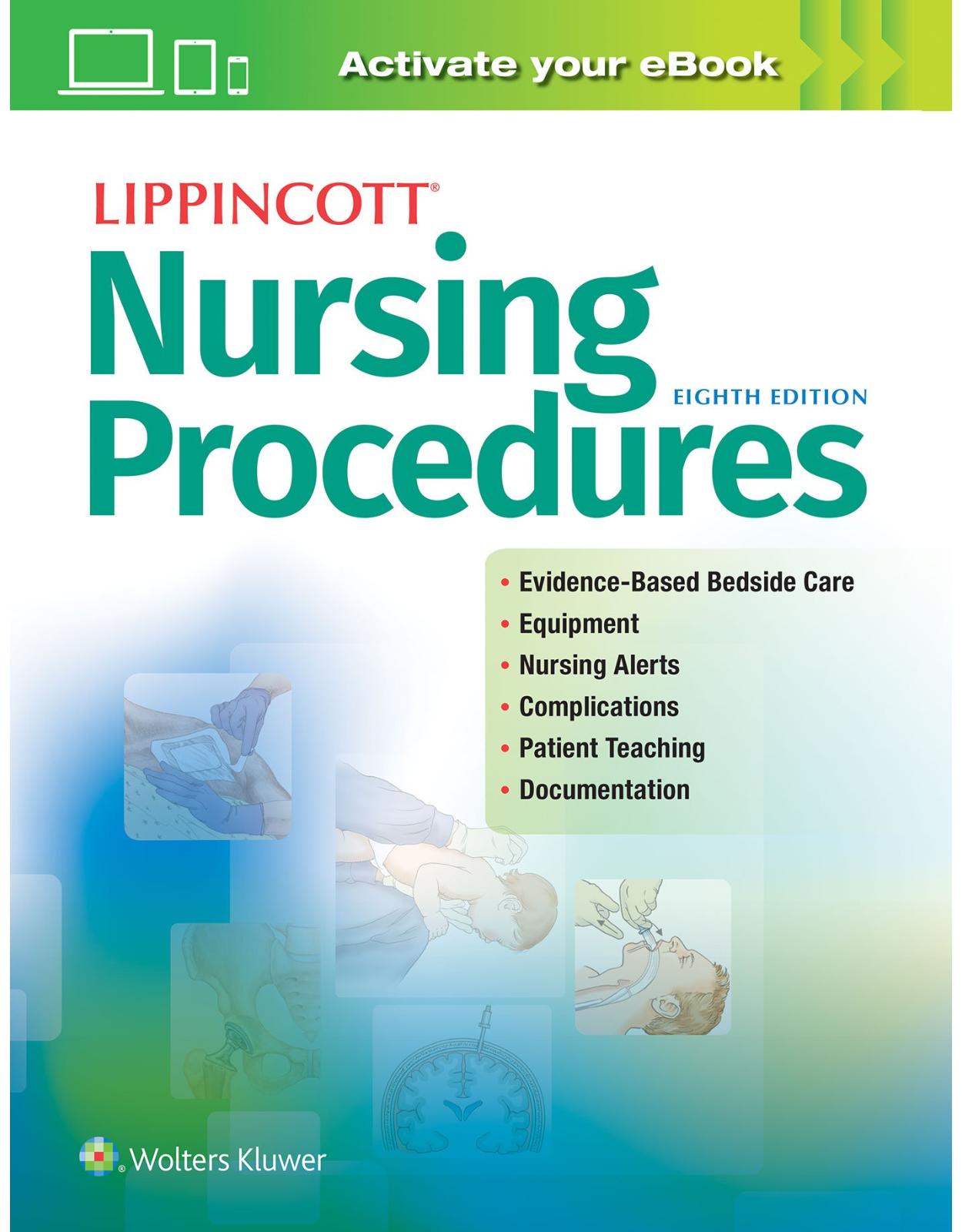
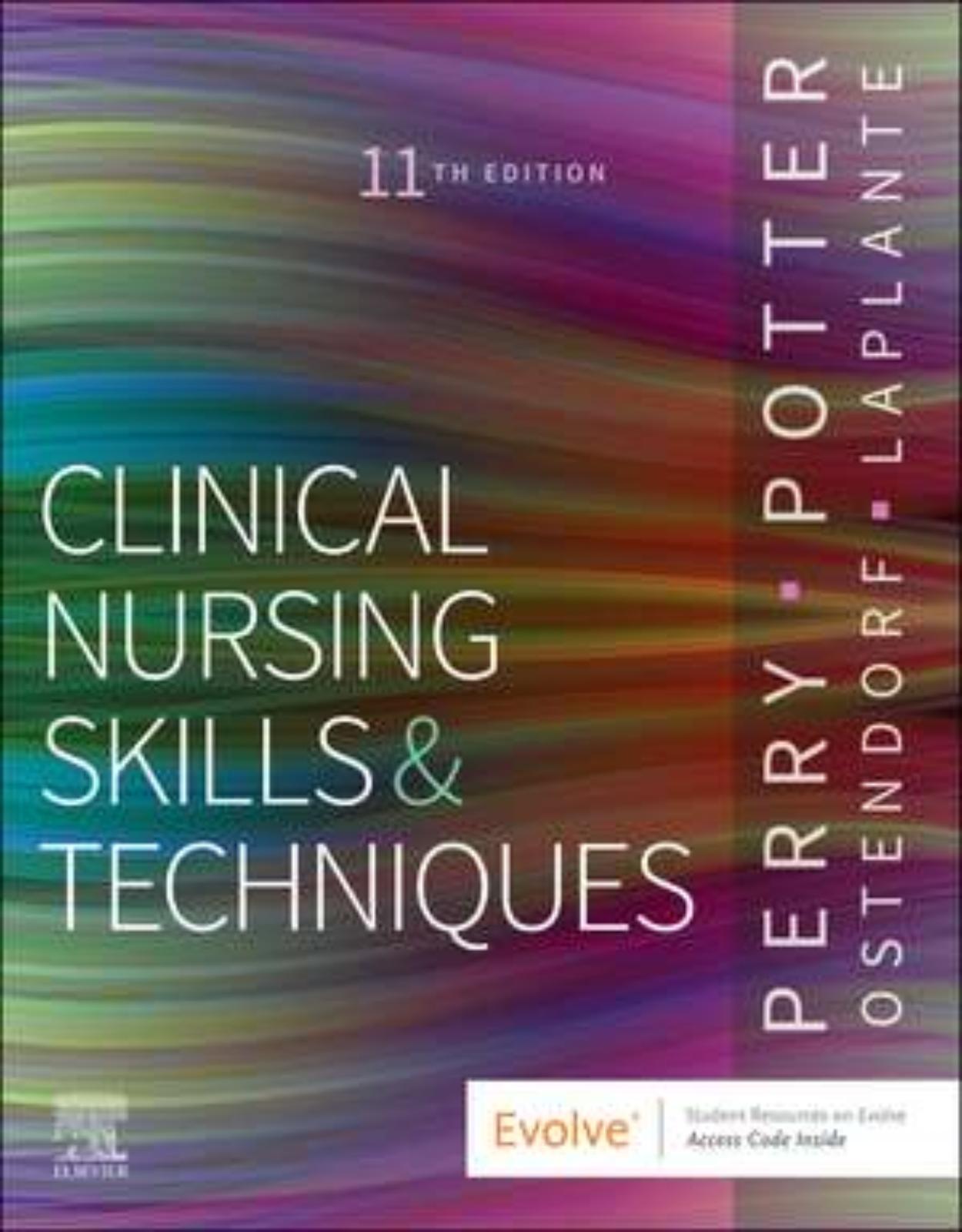
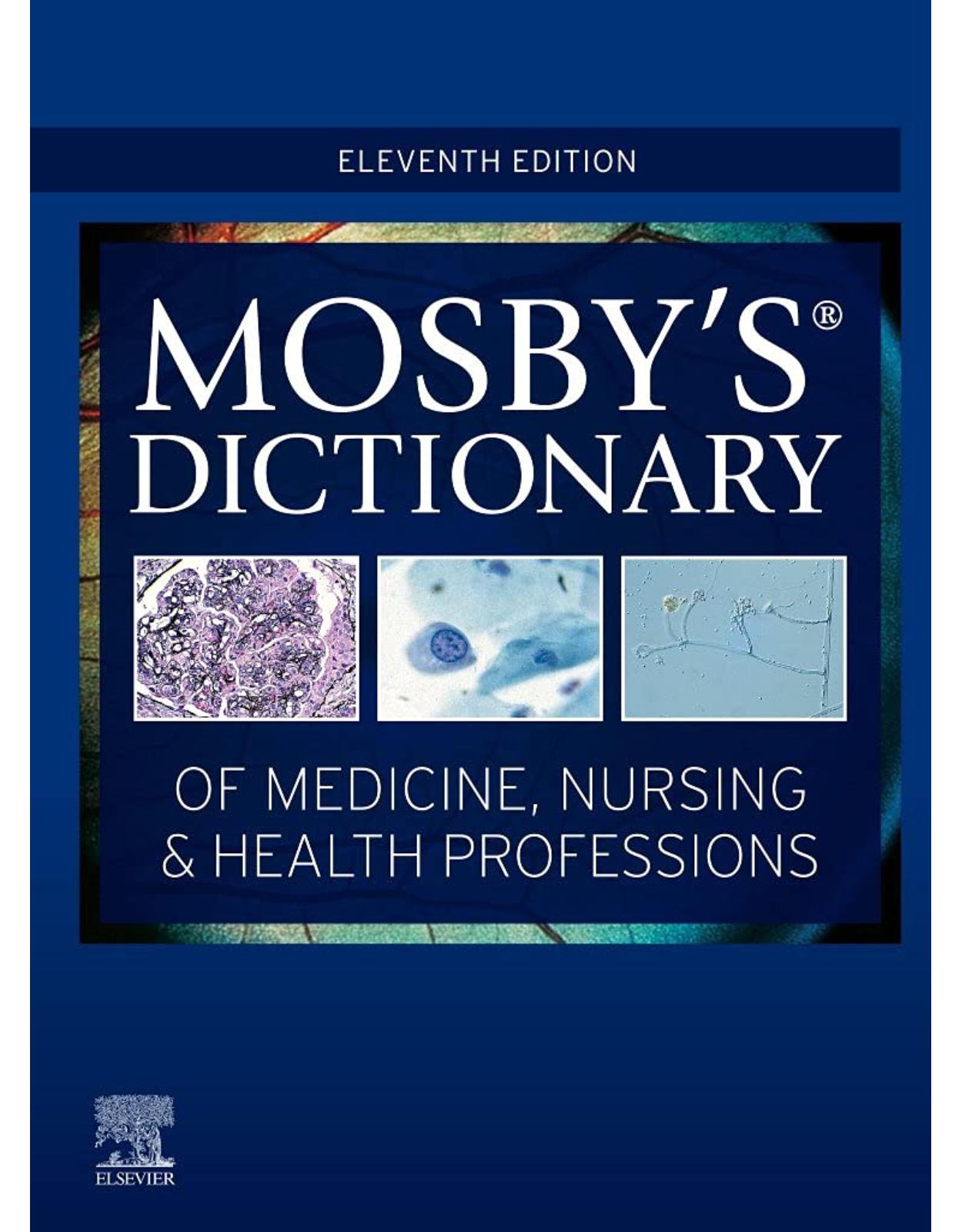
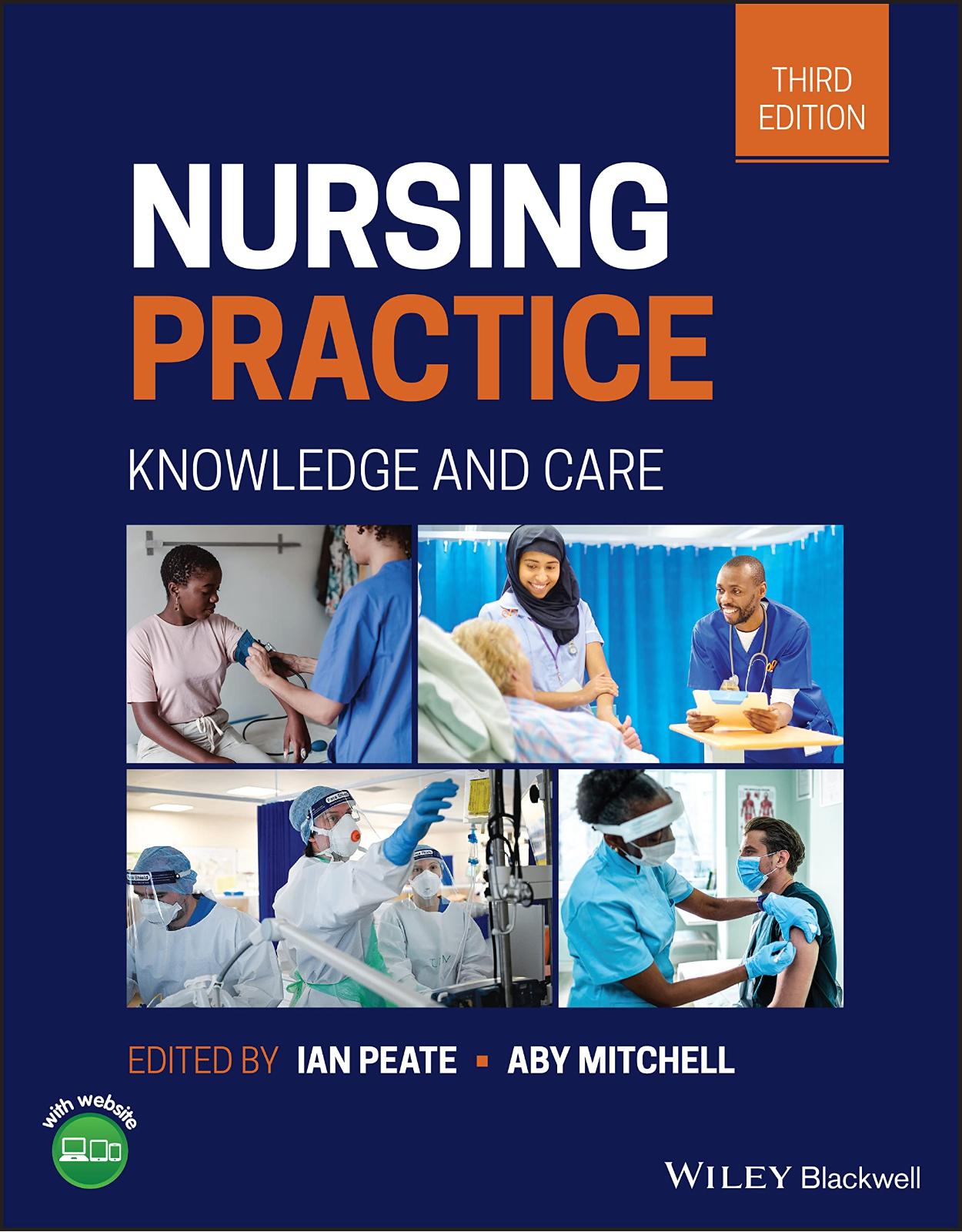
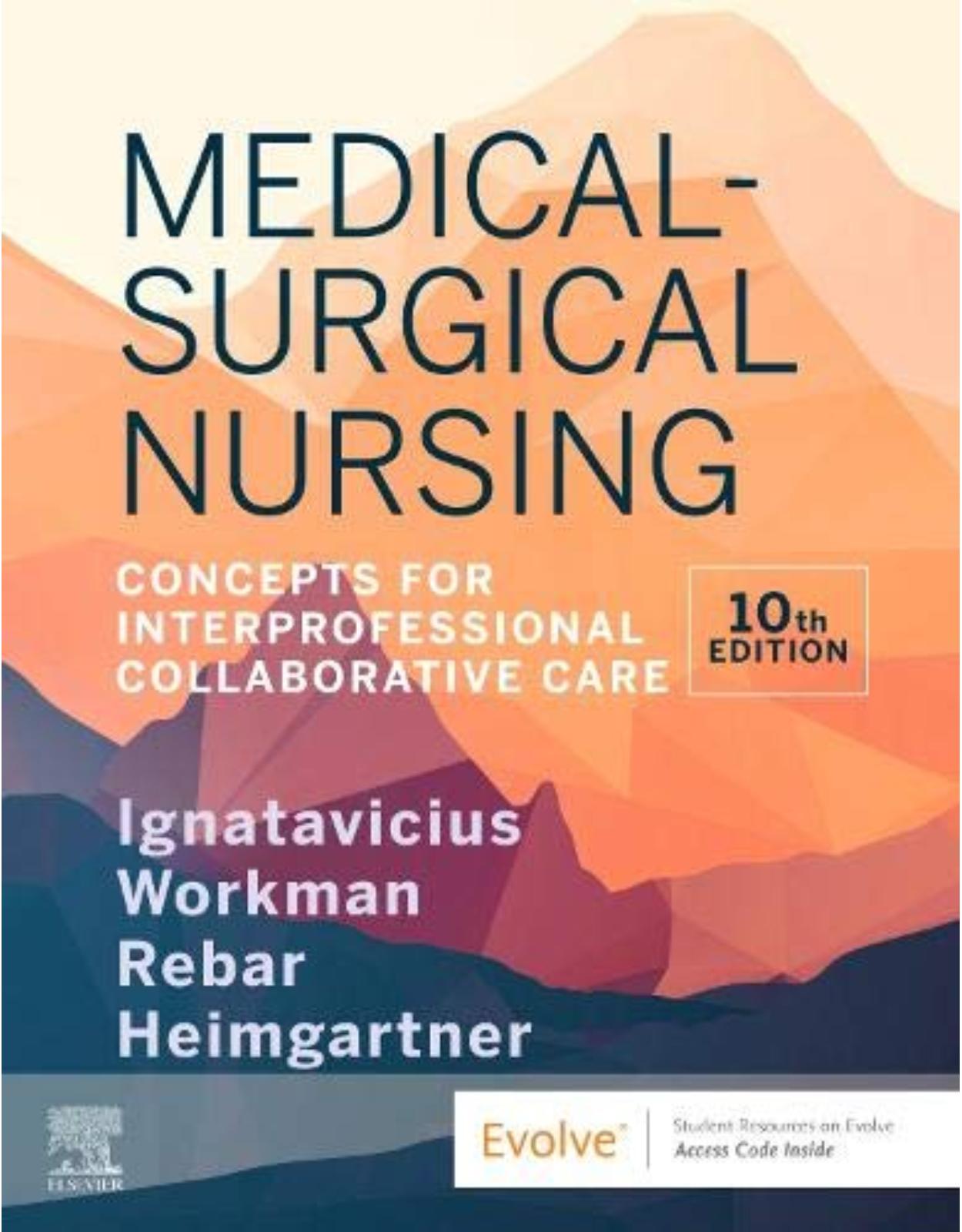
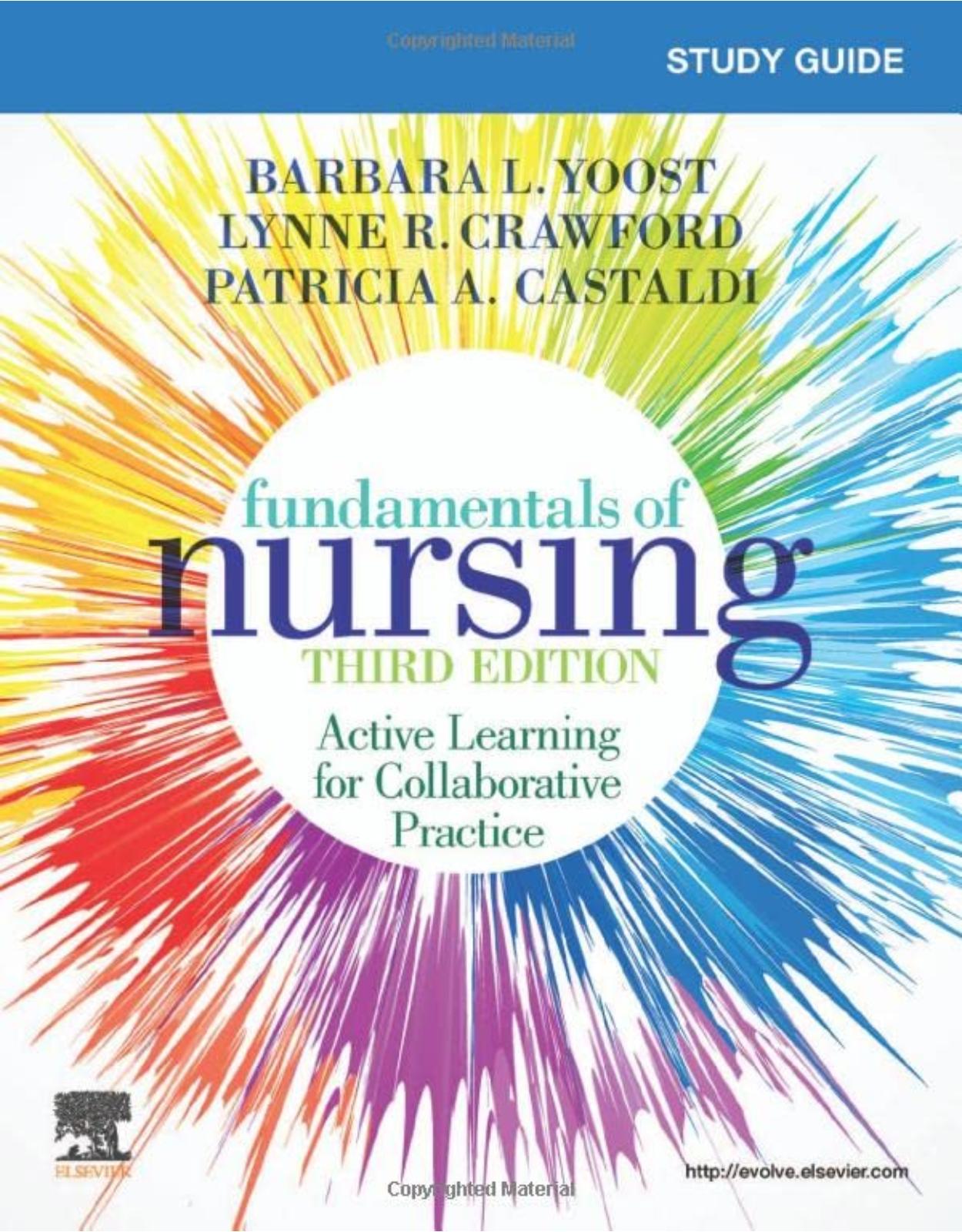
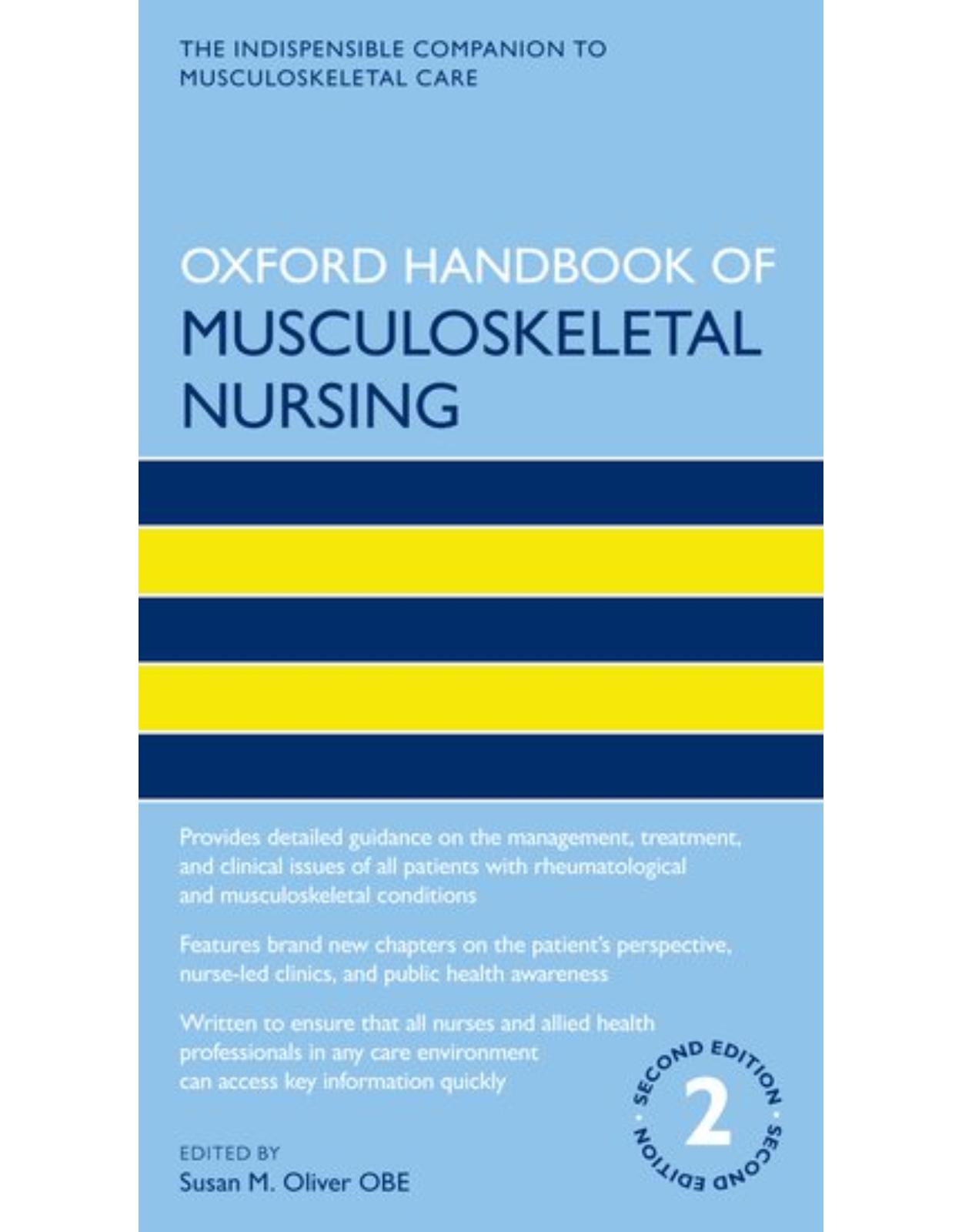
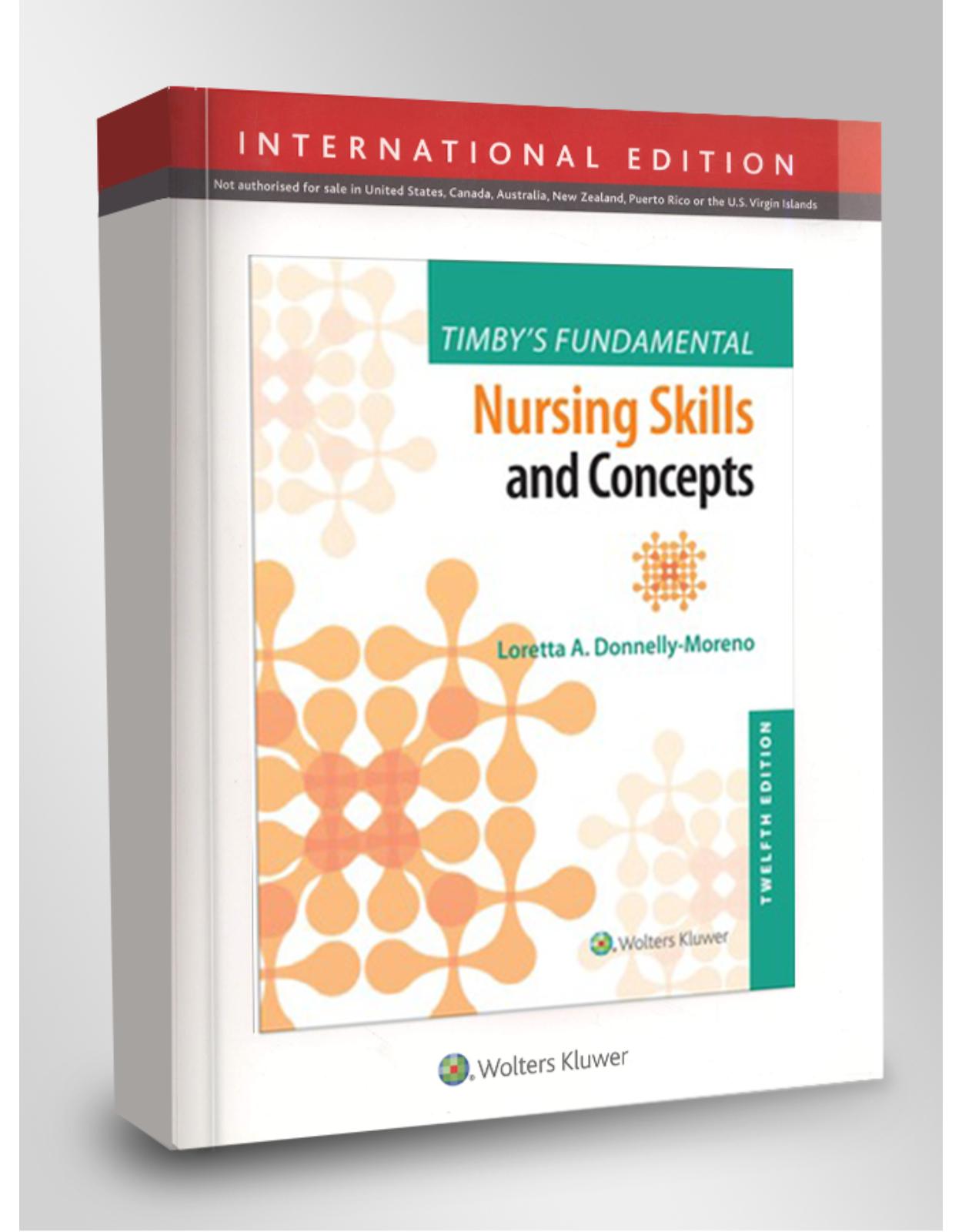

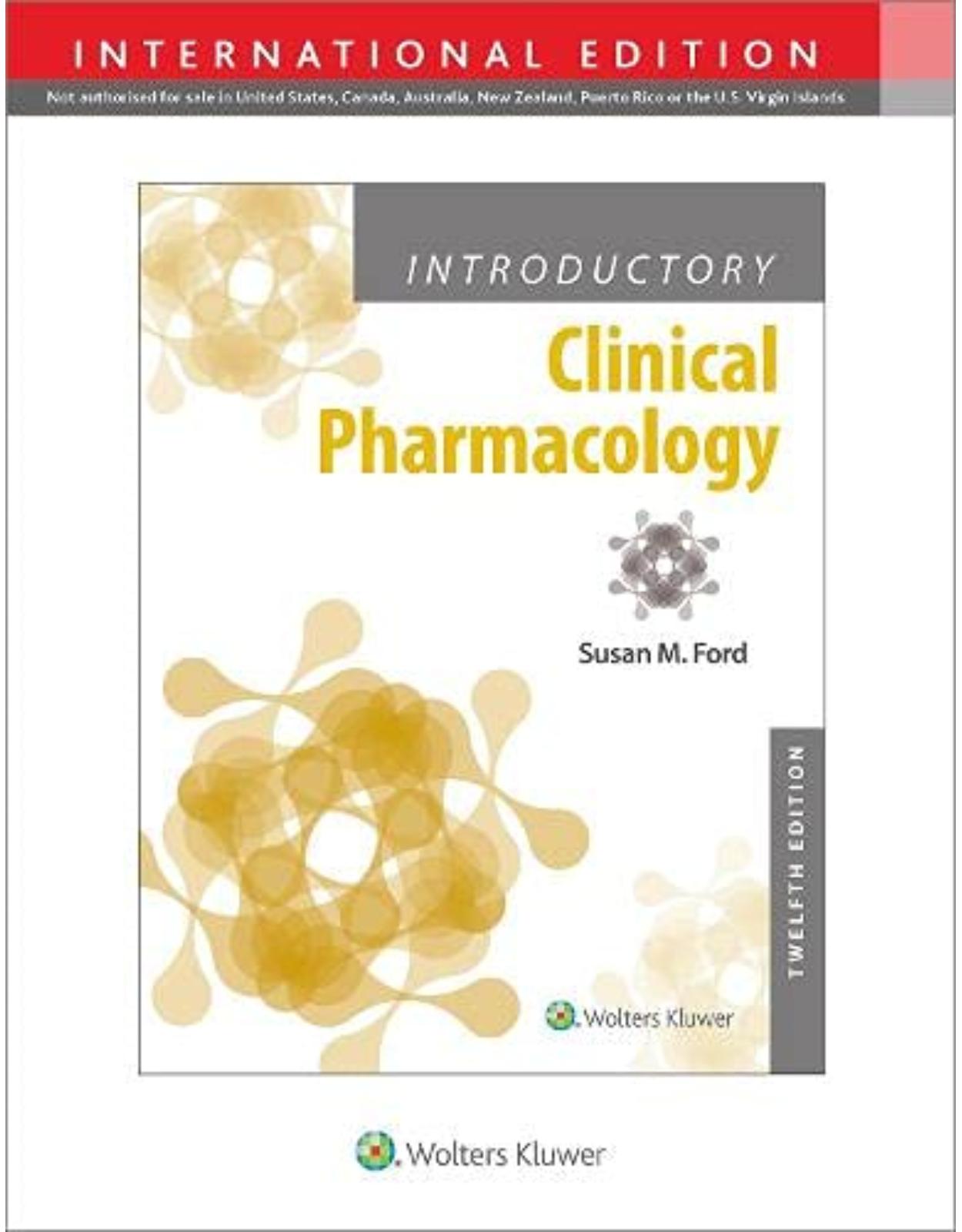
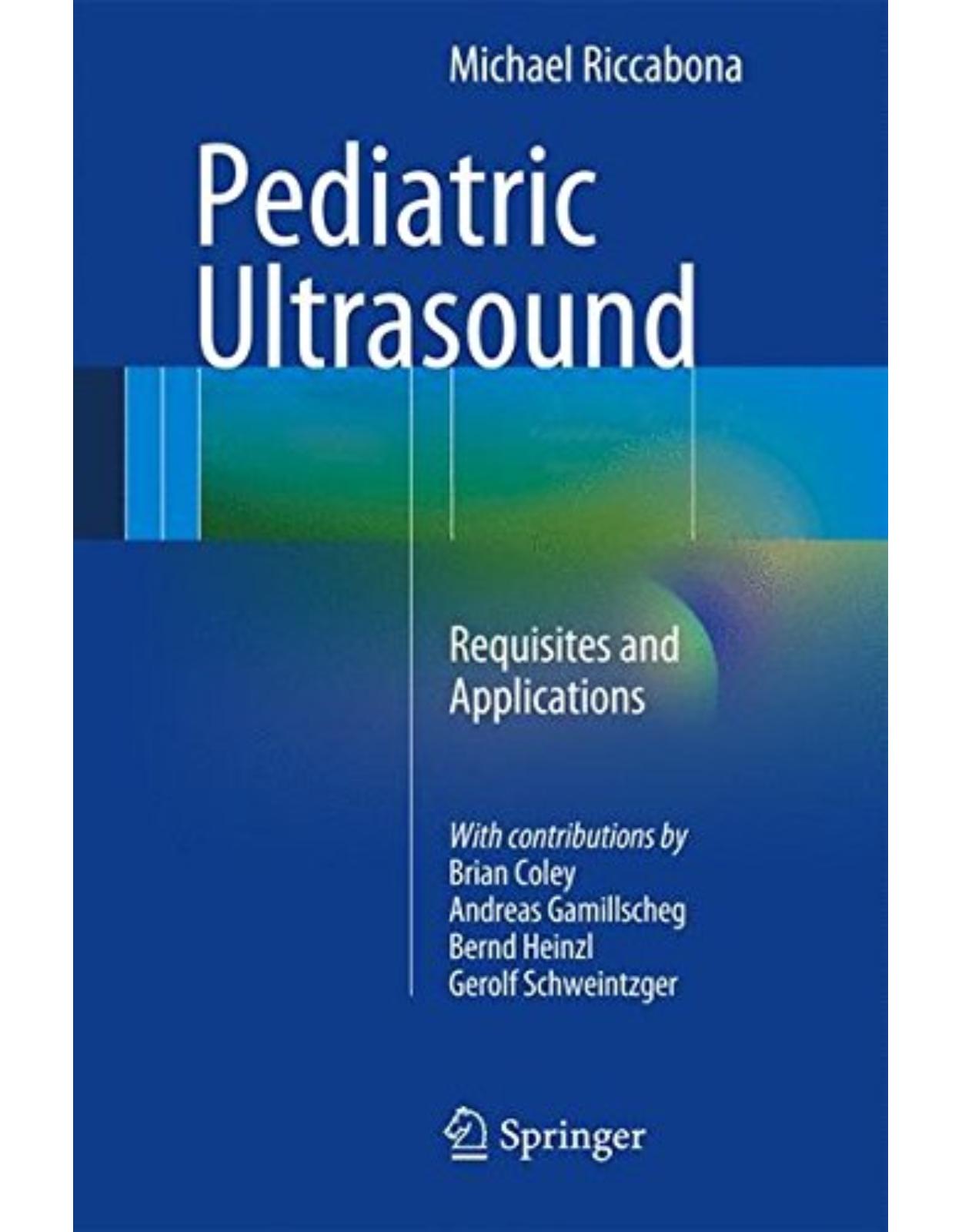

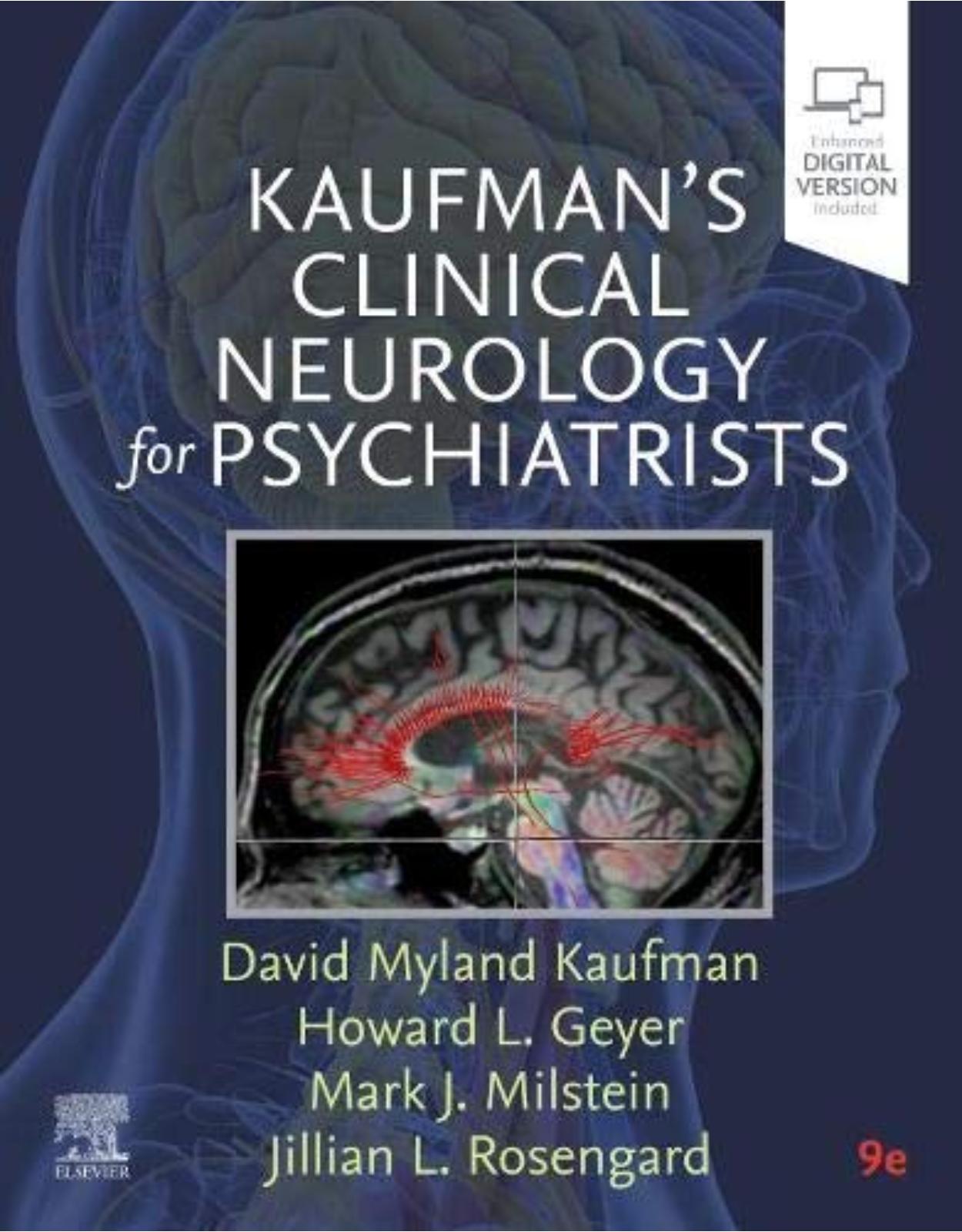


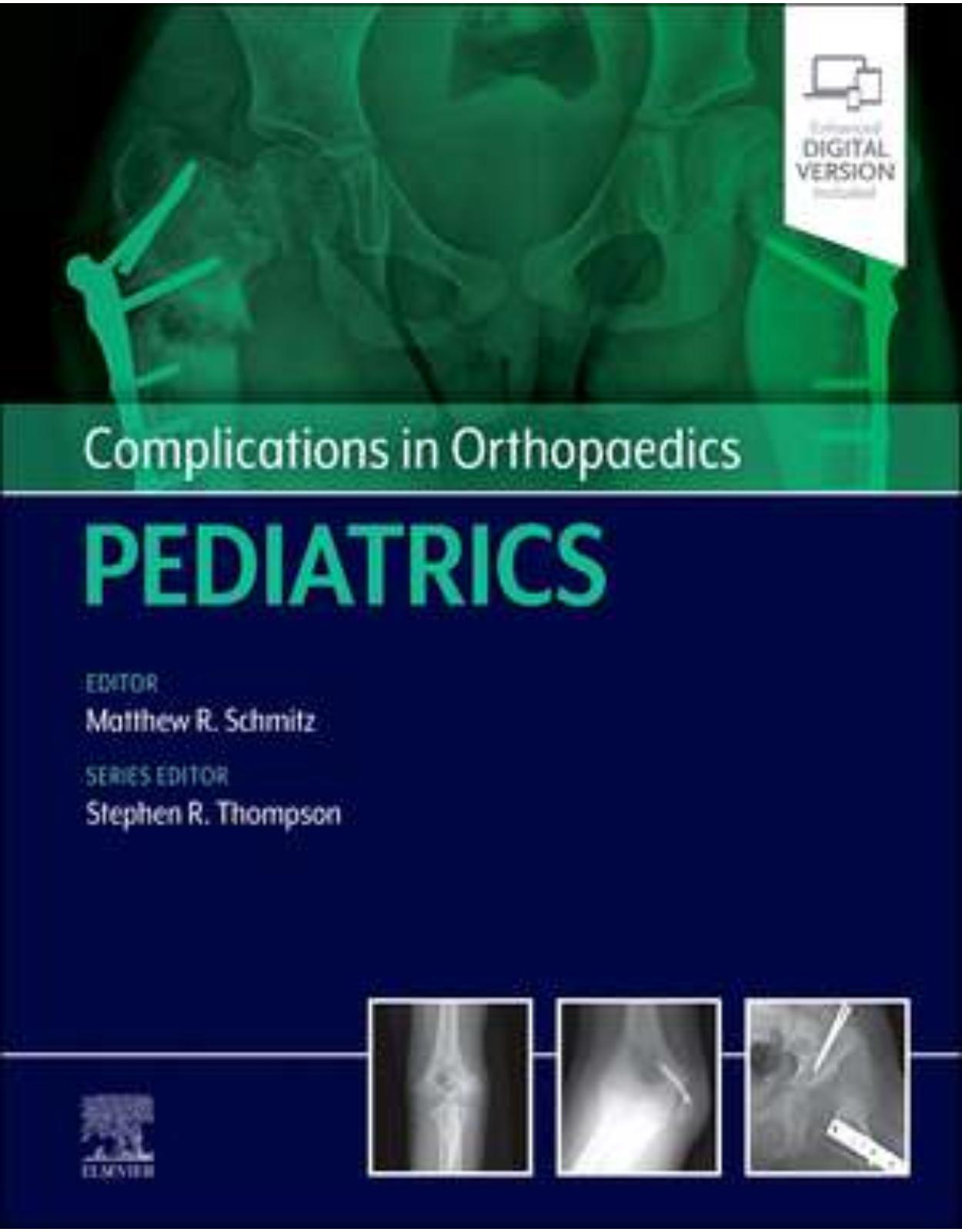
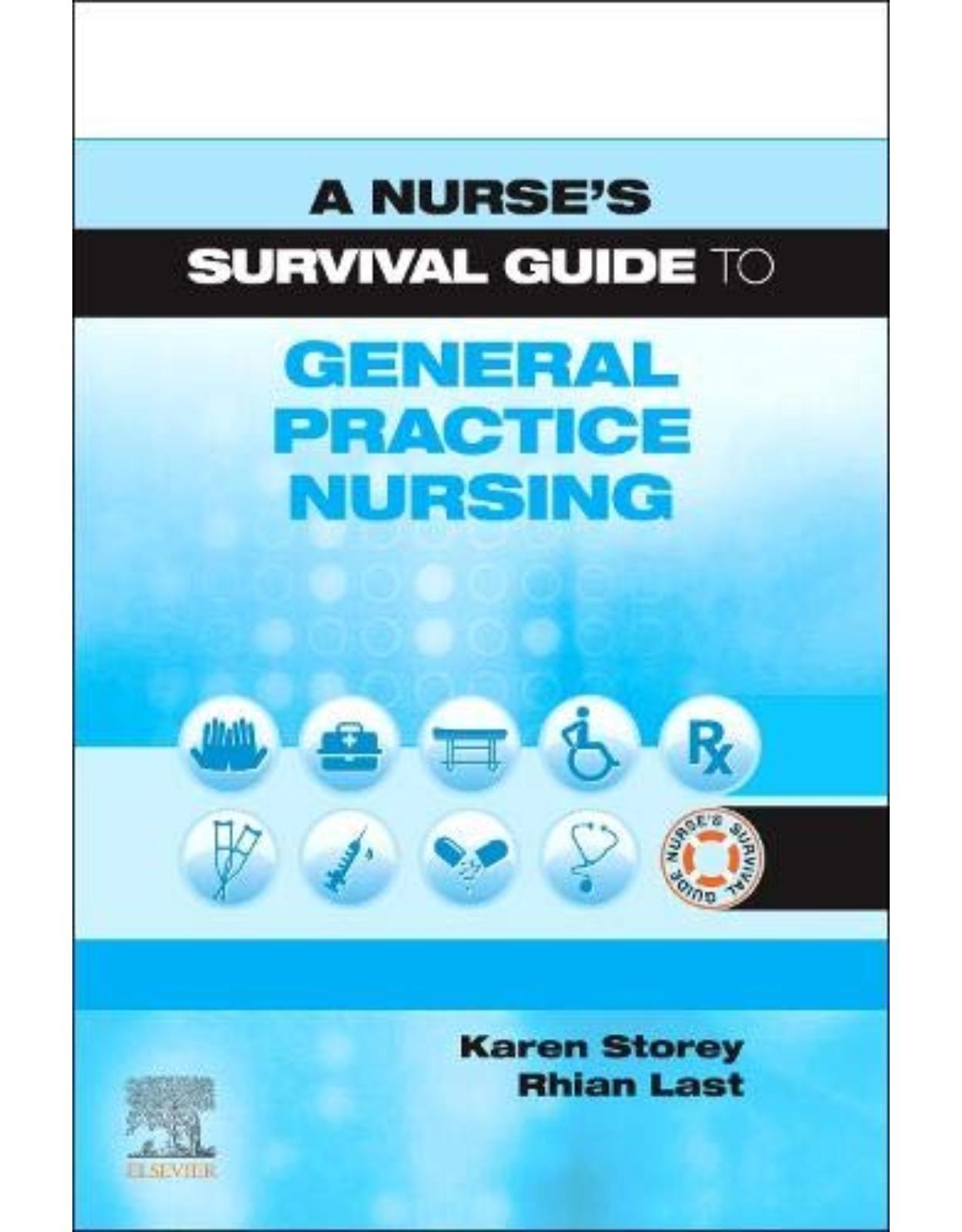
Clientii ebookshop.ro nu au adaugat inca opinii pentru acest produs. Fii primul care adauga o parere, folosind formularul de mai jos.